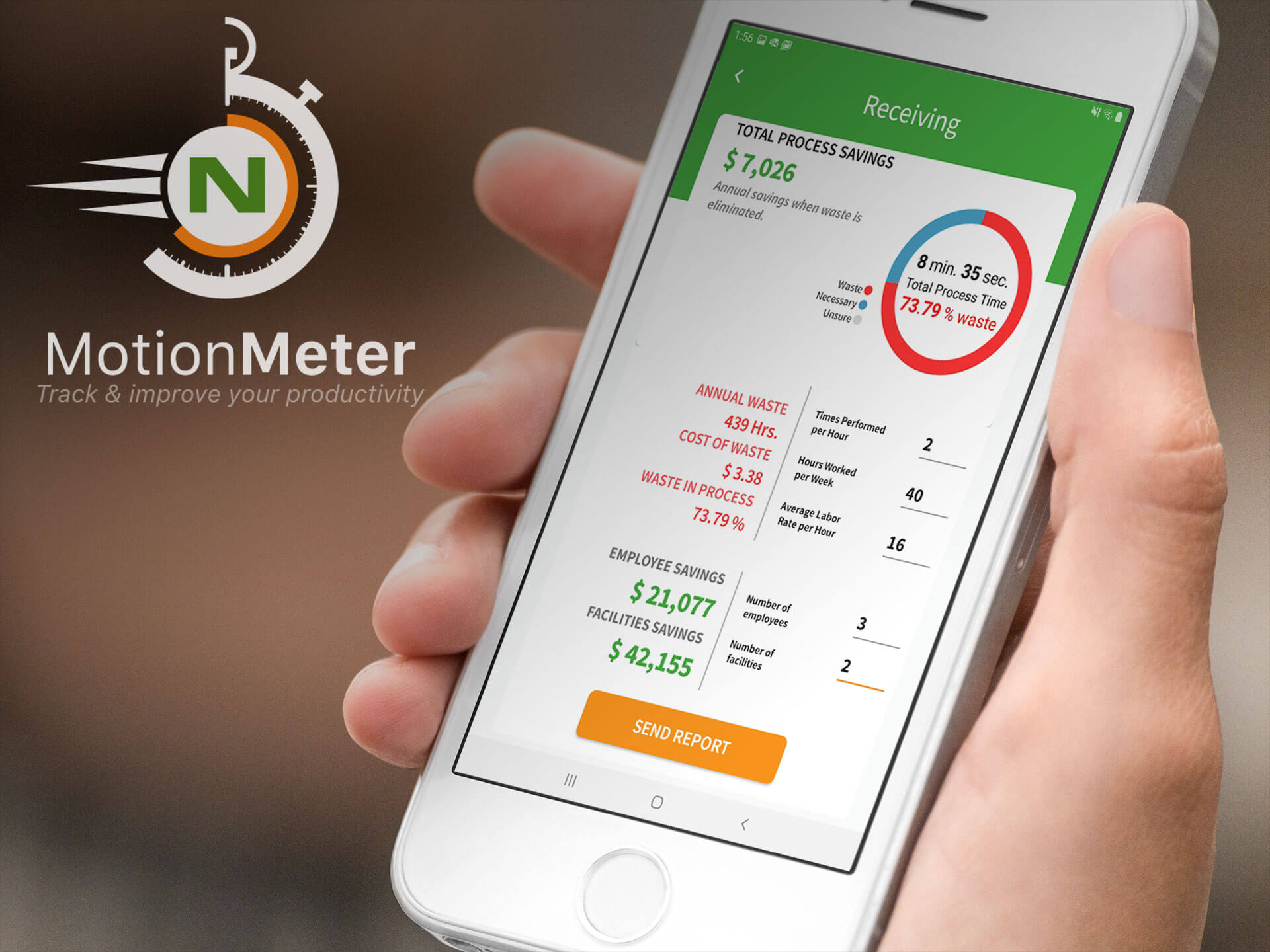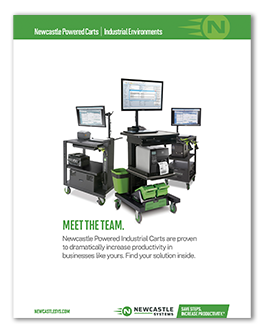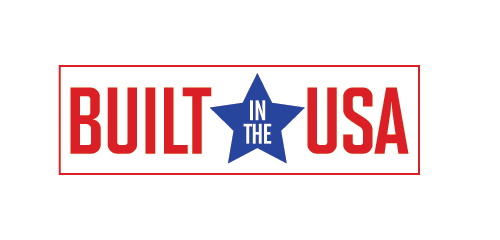
The "go green" movement may have seemed like a passing fad many years ago when it first entered mainstream consciousness. To some, it resembled something that brought to mind the free-spirited and anti-establishment countercultures of the late 1960s more than it did a modern step toward environmentally responsible living. Despite skepticism, sustainable living has become an integral part of our daily lives.
Principles and standards that guide eco-friendly ways of living and doing business are often referred to as "lean" principles, and the term is used most frequently in the manufacturing industry. Essentially, operating under lean concepts means you're trimming the fat, so to speak, and reducing the amount of by-products and waste generated by your company during the production process. Originally introduced by Japanese automaker Toyota Production Systems, lean manufacturing focuses on eliminating everything that goes into creating your product, from employee labor to raw materials, that does not add value in some way for your customers.
Lean manufacturing can include a variety of principles that focus on the reduction or elimination of all parts of the production process that do not create a more valuable product, and here are some of those principles that, when applied, can help your company develop less wasteful ways of doing business:
-
Identification of Value-Added Features From the Customer Perspective:
Since the ultimate goal of lean manufacturing is to get rid of anything involved in production that does not add value for the customer, it would naturally be essential to know what - precisely - the customer finds valuable. The customer is the ultimate authority on what is or is not valuable about your company's products, because the customer is the one who uses those products to fulfill a need. Therefore, any modifications to your product should always be wrought with one question at the forefront: How will this add value for the customer?
-
Reduction of Production Waste:
Waste can be generated by a company in many different ways, and is certainly not limited to what ends up in the dumpster at the end of the day. Some of the areas where waste can be identified and either reduced or eliminated include excess inventory due to over-production, employee downtime or idle time, equipment malfunction due to lack of regular maintenance, poor quality products, and unnecessary logistics expenditures.
-
Development of Flowing Production Processes:
The concept of flowing production is one that is embraced by Toyota and applied to their lean manufacturing efforts. They believe that when a production system flows as smoothly and efficiently as possible, those areas where the system could be made more lean will reveal themselves over time with little human intervention, thus presenting the opportunity for modification in a more natural way.
In order to become fully enmeshed in lean manufacturing, one of the most essential requirements is that a company be open to change and willing to adapt to modifications in the way it does business. A thorough evaluation of manufacturing processes could identify many areas in which a company has excess "fat" that needs to be trimmed to focus more on waste reduction, so it is critical that the company be ready and willing to acknowledge and modify wasteful components of production.
More companies than ever before are reevaluating their business operations to whittle down their waste and become more lean, and while the concepts and principles of lean operation are seen most frequently in manufacturing, they can be applied to any company in any industry. Areas in which adaptations can be made to reduce unnecessary expenditures, trim labor costs, minimize physical waste, consume less raw materials and natural resources, and increase product value for the customer are all areas that can be investigated and changed to be made more lean.
Establishment of lean manufacturing is a continually evolving process. There is no end-point where you can step back and declare that you're done and your company is now a lean, mean production machine. Room for improvement and areas in which waste can be reduced will always exist, but you can keep those issues to a minimum by being diligent and vigilant when it comes to evaluating all the steps involved in your production efforts.
At Newcastle Systems, we provide equipment for any business using a lean methodology to make immediate improvements with new technology for the workplace to go mobile.











